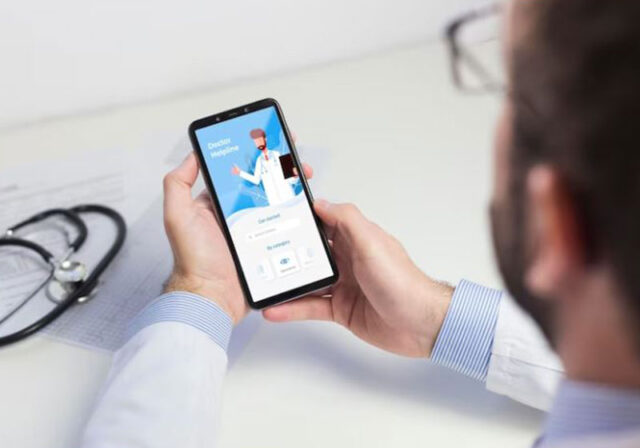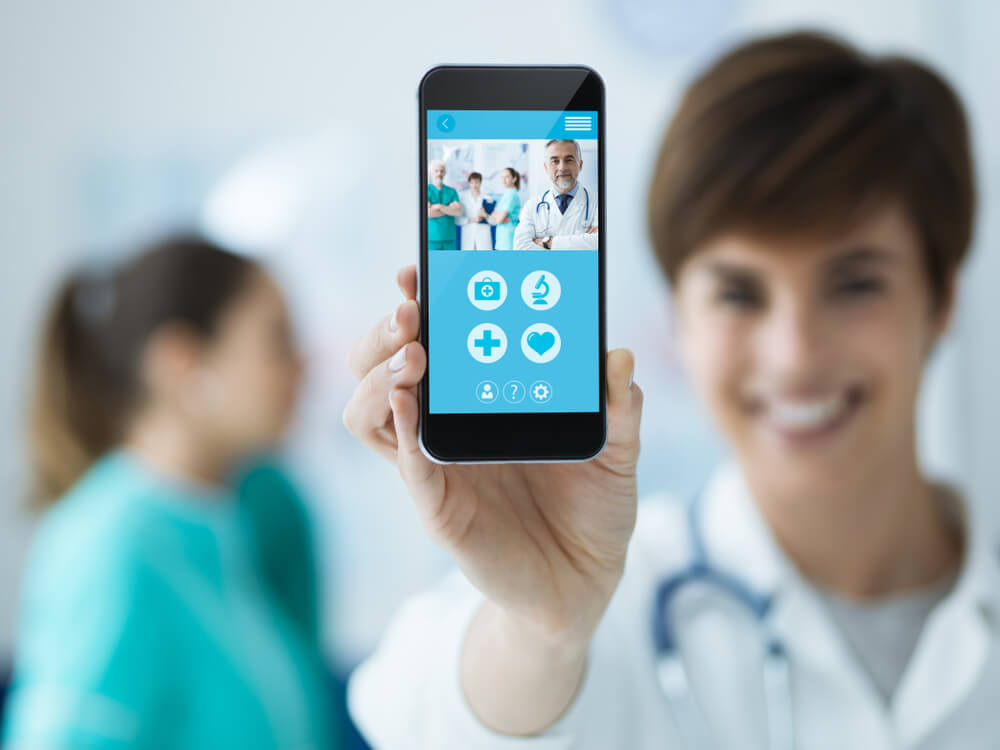In recent years, mobile technology has revolutionized various sectors, and healthcare is no exception. In Agra, where healthcare providers face unique challenges and opportunities, developing mobile apps can significantly enhance patient care, streamline operations, and improve overall health outcomes. Here are several compelling reasons why healthcare providers in Agra should consider integrating mobile apps into their services.

1. Improved Patient Engagement
Mobile apps facilitate better communication between healthcare providers and patients. By offering features such as appointment scheduling, reminders, and secure messaging, providers can enhance patient engagement and ensure that patients stay informed about their health. This proactive approach encourages patients to take charge of their health and seek timely medical assistance.
2. Access to Health Information
Mobile apps can provide patients with easy access to their medical records, lab results, and treatment plans. This transparency empowers patients to make informed decisions about their healthcare. Additionally, healthcare providers can share educational resources, health tips, and lifestyle recommendations through the app, promoting preventive care and health literacy.
3. Streamlined Appointment Management
Managing appointments can be challenging for healthcare providers, leading to missed appointments and inefficient scheduling. Mobile apps can simplify this process by allowing patients to book, reschedule, or cancel appointments directly from their devices. Automated reminders can also reduce no-show rates and improve clinic efficiency.
4. Telemedicine Capabilities
The rise of telemedicine has transformed how patients access healthcare services. Mobile apps can facilitate virtual consultations, enabling healthcare providers to reach patients who may have difficulty traveling to clinics, especially those in rural areas. Telemedicine can reduce wait times, improve access to specialists, and provide timely care for non-emergency situations.
5. Enhanced Medication Management
Mobile apps can assist patients in managing their medications effectively. Features such as medication reminders, dosage tracking, and refill notifications can help patients adhere to their prescribed treatment plans. This can lead to better health outcomes, particularly for chronic disease management, by ensuring patients take their medications as directed.
6. Data Collection and Analytics
Healthcare providers can leverage mobile apps to collect valuable data on patient behavior, treatment outcomes, and satisfaction levels. This data can be analyzed to identify trends, improve service delivery, and enhance patient care. By utilizing data-driven insights, healthcare providers can make informed decisions and optimize their operations.
7. Improved Communication and Collaboration
Mobile apps can foster better communication among healthcare teams, allowing for seamless collaboration and information sharing. Features such as secure messaging and shared access to patient records can facilitate coordinated care, ensuring that all providers involved in a patient’s treatment are on the same page. This can lead to improved health outcomes and a more integrated approach to care.
8. Access to Specialized Services
In Agra, where some patients may require specialized care, mobile apps can provide access to a broader range of services. Patients can connect with specialists, receive second opinions, or access specialized health programs through the app. This accessibility can enhance the quality of care and ensure that patients receive the best treatment options available.
9. Promotion of Preventive Care
Mobile apps can play a crucial role in promoting preventive care and wellness initiatives. By offering features such as health assessments, screening reminders, and wellness challenges, healthcare providers can encourage patients to prioritize their health. This proactive approach can help reduce the incidence of chronic diseases and improve overall community health.
10. Cost Efficiency
Implementing mobile apps can lead to cost savings for healthcare providers in Agra. By reducing administrative burdens, minimizing missed appointments, and streamlining operations, providers can operate more efficiently. Additionally, telemedicine capabilities can lower overhead costs associated with physical consultations.
Conclusion
In a rapidly evolving healthcare landscape, mobile apps have become essential tools for improving patient care and enhancing operational efficiency. For healthcare providers in Agra, embracing mobile technology can lead to better patient engagement, improved access to information, and a more efficient healthcare system overall. By investing in mobile apps, healthcare providers can not only enhance their services but also contribute to the overall health and well-being of the Agra community.


No responses yet